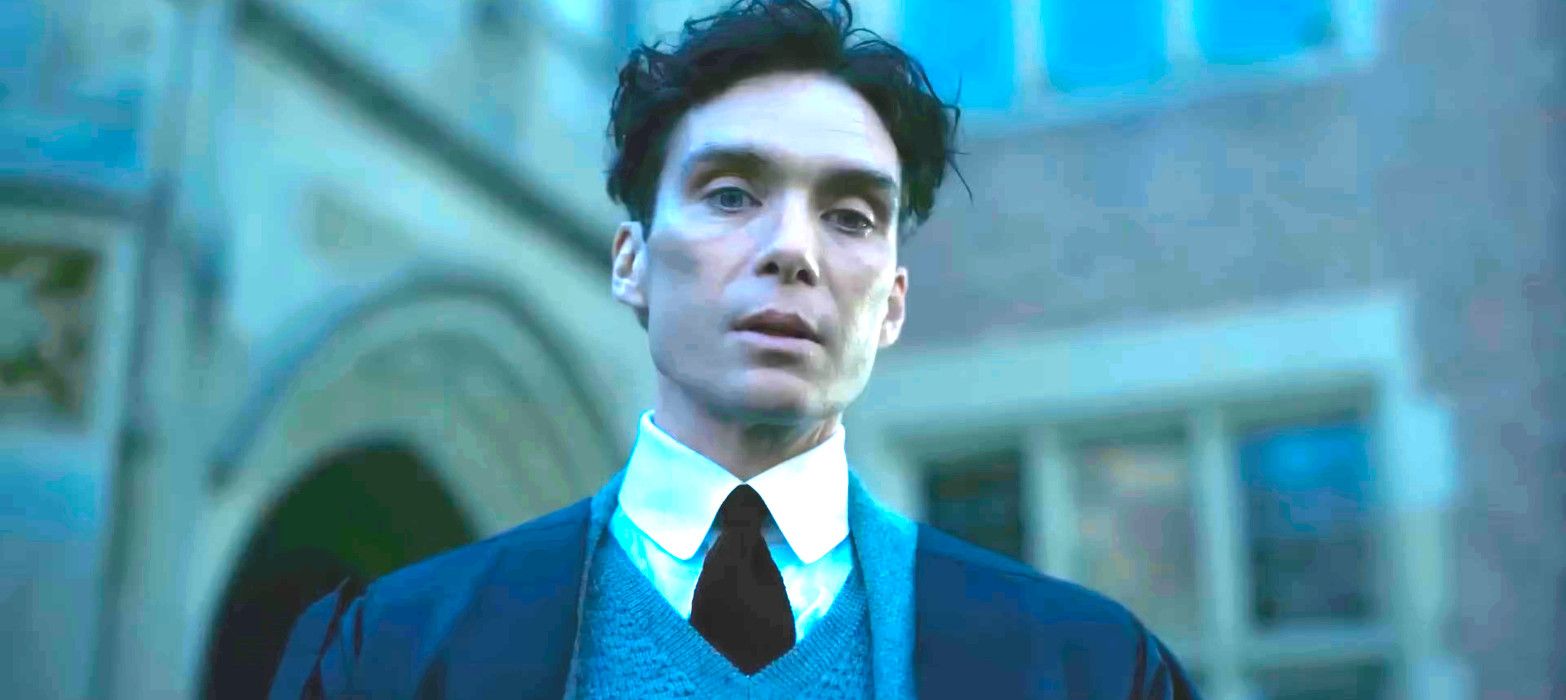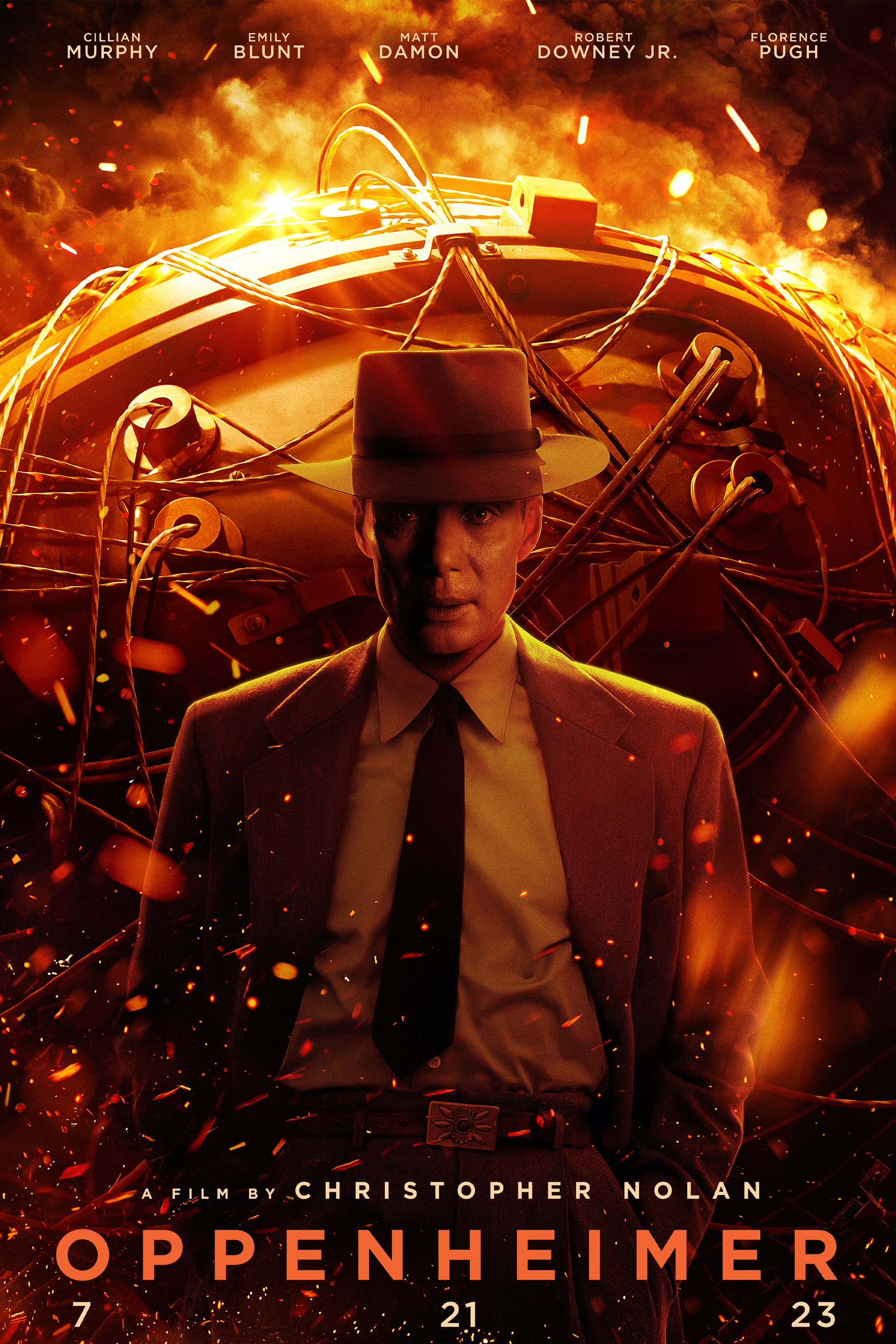Summary
- Oppenheimer explores not only the path of Robert J. Oppenheimer but also the moral dilemma he faced later in life.
- The producer, Emma Thomas, expresses her excitement about the behind-the-scenes features and interviews that showcase the achievements and problem-solving involved in making the movie.
- The performance of Cillian Murphy in the role of Oppenheimer is praised for bringing depth, humanity, and a sense of weight to the character beyond what was written on the page.
Oppenheimer tells the story of Robert J. Oppenheimer. The movie follows his trajectory through academia, gaining the attention of the U.S. government, and becoming a part of the Manhattan Project. However, the movie also touches on what happened after the use of the atomic bomb and how it changed the brilliant scientist’s life again.
Oppenheimer stars Cillian Murphy, Emily Blunt, Matt Damon, Robert Downey Jr., Florence Pugh, Josh Hartnett, Casey Affleck, Rami Malek, and Kenneth Branagh. Oppenheimer was written and directed by Christopher Nolan. The movie is based on the Pulitzer Prize-winning biography American Prometheus: The Triumph and Tragedy of J. Robert Oppenheimer.
Screen Rant interviewed Oppenheimer producer Emma Thomas. She discussed the collaborative nature of the different departments and how they worked together to create Nolan’s vision. Thomas also praises Murphy’s ability to bring Robert J. Oppenheimer to life beyond what was on the page.
Emma Thomas Talks Oppenheimer
Screen Rant: Emma, Oppenheimer, I don’t think I’ve ever had an experience watching a film like this in a theater ever. It still sticks with me.
Emma Thomas: Oh.
And I watched it back in 4K and it doesn’t lose its integrity. It is a perfect movie. And one of the things I love about Home Entertainment releases is we get a deep dive into how the process is made. Can you talk about the meticulous attention and detail and work with the other departments, like the costume designers, production designers, the cinematographer, to ensure that everybody had this unified vision for a film?
Emma Thomas: Well, first off, we have the best of the best working with us.
Sure.
Emma Thomas: I mean, we’ve been so lucky with the team that we’ve worked with on pretty much every movie, but this one in particular, it was the dream team. We spent a lot of time in prep sitting around a table talking about how we’re going to achieve what we’re going to achieve. But together, none of these departments are off working in their own little fiefdoms. It’s very much a collaborative effort. It’s one of the things I absolutely love about my job, is getting to see people come together and figure out problems and so on.
But obviously, the fact that it’s a cohesive movie comes from the fact that we have a director who really has a vision. And it’s always funny when we come to the home entertainment release because I’m ready to just spend the next couple of years walking my dog, hanging with my kids. And then I’ll watch the behind-the-scenes, the extras, and I suddenly begin to get really excited again about making movies, because I see what we managed to achieve, and I see the interviews with the heads of departments. And I just think, “Yeah, I want to get back to it.”
It’s so funny you said that, because after watching the story of our time, I don’t make films. But I immediately was like, “Wow, I think they can do anything. And I want to make a movie.” I do want to talk about something that Christopher said in one of the special features for the Meet the Press panel. He said that when you innovate with technology, you have to maintain accountability. And this was on the merits of AI and filmmaking. Where do you see AI and filmmaking going?
Emma Thomas: Gosh, that’s a very, very naughty problem. And we could be here for hours talking about that.
We really could be.
Emma Thomas: I mean, I think that there are so many areas in which AI could be used as a tool that could be useful. But it comes down to accountability. As Chris said, that’s why our unions have spent the WGA and SAG have spent so much time out on strike because they’re trying to enforce accountability. It’s not something I think we should wholeheartedly say no to, because I do think that there’s some validity to AI in certain circumstances.
But we have to be really thoughtful. I mean, you look at the story of Oppenheimer and the technology that he unleashed on the world, none of these things should be done without a great deal of thought around how they can be used, and then some very serious guard guardrails so that they’re not doing more harm than good.
Absolutely. I got to talk about the performance of Cillian Murphy. Now, I love this dude. He’s an amazing actor, but he disappears into the role of Oppenheimer.
Emma Thomas: He does.
What did he bring to the role that wasn’t necessarily on the page?
Emma Thomas: Oh my goodness. I mean, I think that what he did … I mean the role on the page was fantastically well written. Between having read the book and then read the script, I felt like I knew him.
Sure.
Emma Thomas: But he wasn’t alive. You know? I think that what Cillian brought was that depth of humanity that you just don’t get when you’re reading about something … somebody on the page. I think that he communicates so much with those amazing blue eyes that he has, and it’s really about seeing Oppenheimer as a human being and seeing the weight of what he’s done and what the team has done that Cillian brought. None of that you could write as well as he communicates just with that face.
About Oppenheimer
The movie tells the story of J. Robert Oppenheimer (played by Cillian Murphy), the visionary physicist who led the Manhattan Project to create the atomic bomb that would be used against Japan in the final days of World War II.
Check out our other Oppenheimer interviews:
Oppenheimer is available on 4K HD, Blu-ray, and DVD on November 22.
Source: Screen Rant Plus

